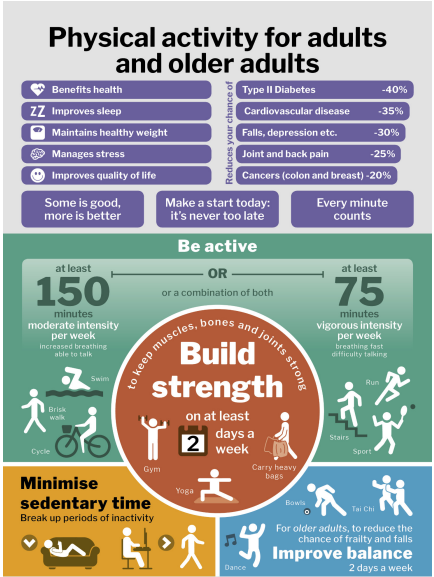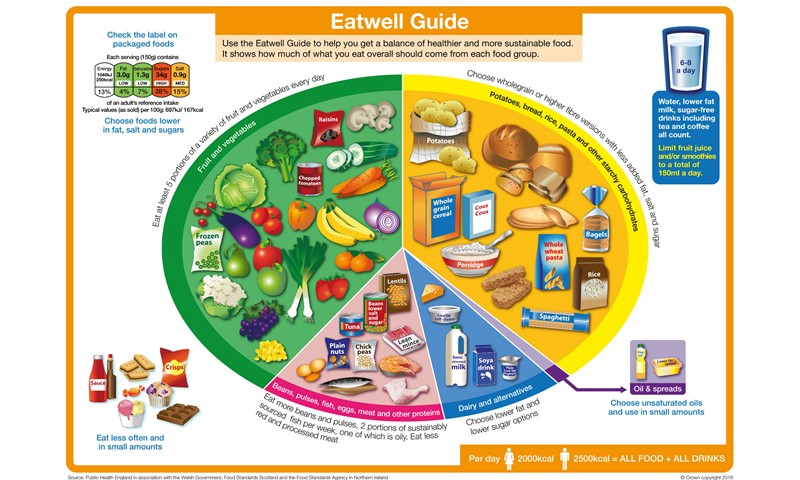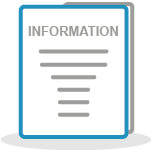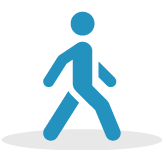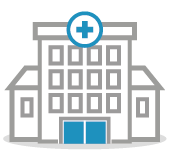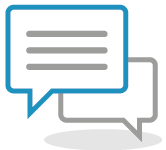Pre-Operative Assessment
Gynaecology – Pre-Operative Assessment
If your surgeon has recommended that you need an operation, you will be asked to attend a dedicated gynaecology pre-operative assessment clinic before your date of surgery. This is usually 1 to 2 weeks beforehand.
This appointment can take up to 3 hours. This is to make sure you are well enough and fully prepared for your surgery and that you are prepared for going home from the hospital (discharge) and ongoing recovery.
Please bring any medication that you are taking (or a copy of a recent prescription.)
At this clinic, you may meet members of the team looking after you including the surgeon, the pre-operative assessment nurse, anaesthetist and junior doctor.
The pre-operative assessment nurse will arrange all relevant tests and coordinate your appointments. You may have several tests and investigations at the clinic or scheduled for another date.
Tests may include:
- Medical history
- Blood pressure, Pulse & Oxygen levels
- Blood tests
- Height & weight
- Urine test
- Consent for your operation
- ECG (tracing of your heart) if necessary
- Chest X-ray if necessary
- You will also be measured for stockings to reduce your risk of developing a blood clot
- Further tests may include a heart scan or lung function test.
Enhanced Recovery After Surgery (ERAS)
Depending on the operation you are having you may be involved in an ERAS (Enhanced Recovery After Surgery) programme. Research has found that the sooner we get patients up and about and moving as soon as possible after surgery then the quicker their recovery will be.
Part of this programme involves drinking carbohydrate drinks before your operation to help with your recovery. The pre-operative assessment nurse will explain this in more detail and give you the drinks at the clinic.
The team
Senior Charge Nurses: Sally O’Rourke and Carol Archibald
Contact us
The Pre-Operative Assessment Clinic is located within the Maternity Building of the Queen Elizabeth University Hospital. We are on the ground floor.
Call: 0141 201 2286.
Another useful telephone number to have is Ward 49: 0141 201 2282
Surgical Procedures
More information coming soon.
Enhanced Recovery After Surgery (ERAS)
Information about your Enhanced Recovery Plan after your Surgery
What is the Enhanced Recovery Plan?
Enhanced recovery plan helps you to recover more quickly and return home faster. This leaflet gives you advice on:
- What to expect after your surgery
- What to expect when you go home and
- What to do if you have any concerns.
After The Surgery
- On return from theatre you may have a tube into a vein, ‘called an intravenous drip’, to replace lost fluids but we will remove this as soon as you are drinking and eating. You may have a urinary catheter ‘a tube into your bladder’. You may also have a pack to prevent bleeding in your vagina, which will be removed 24-48 hours after your surgery.
- We will take you back to the ward, where the nurses will look after you. We will give you medications to manage any pain you have and you may eat and drink shortly after your return from theatre.
- We will give elastic stockings and injections to keep your blood thin and reduce the risk of blood clots. You will normally get this once a day until you go home or longer in some cases.
- We will remove your catheter as specified by your surgeon and we will check if your bladder is emptying. We do this by using a bladder ultrasound scan and once staff are happy that your bladder empties well, most women can go home two or three days following the surgery.
- If you have any abdominal or groin drains the surgical team will review these the next day and discuss with you when they will be removed.
Temporarily unable to empty your bladder
If there are any concerns with your bladder emptying, we may offer you a clean intermittent self-catheterisation (CISC). These catheters are inserted several times a day, for just long enough to drain your bladder, and then removed. We will show you how to insert the catheter yourself. Or we will leave a catheter inside your bladder for three to seven days. We will then ask you to come back to the hospital to make sure your bladder is emptying well and to remove the catheter.
- You will see the surgical team, specialist pelvic floor physiotherapist and Mesh Clinical Nurse Specialist after your surgery. You can discuss any concerns you have regarding your recovery and your after surgery care.
Physiotherapy
You will have met the specialist physiotherapist before your surgery and they will review you during your hospital stay, to help you recover from your surgery as quickly and fully as possible. They will give you an information leaflet to remind you of their advice. This information will include:
- Breathing and circulatory exercises to help reduce your risk of breathing and circulatory complications.
- Teaching you pelvic floor and abdominal muscle exercises to assist your recovery.
- Advice to help you return to everyday activities, exercise and work as appropriate
It is important for you to continue with the exercises and advice on a long term basis, to ensure the best outcome from your surgery.
Going Home
You will be able to go home when your pain is reasonably controlled, you are eating and drinking and you can be up and moving around the ward comfortably.
What to Expect When You Go Home: First Few Days and Week
- Recovery time is around six weeks; some women may take longer. However, you may go back to your everyday activities after four weeks.
- Walk about as soon as possible after surgery to aid recovery. There is no restriction, on doing light activities in a few days if you feel able to do so, and normal activities after a few weeks.
- You can eat your regular diet after you go home. However, frequent small meals are easier to digest than a few big meals.
- Use a stool softener to keep your stools soft to avoid straining. You will give you some during your stay in hospital and also when you go home.
- Wear the elastic stockings for 6 weeks after your surgery
Pain and Discomfort
We makeevery effort to manage your pain after the surgery. It is important to know that there is a risk of your pre-existing pain not improving, or even getting worse after this kind of surgery. The surgical Team will discuss pain relief with you before your surgery and will put a plan in place for your pain relief. When you go home make sure you take prescribed pain medications. Heat or ice packs can also be very helpful in managing your pain.
- You can drive as soon as you can make an emergency stop without discomfort. This is about 2 -3 weeks after your surgery but you must check this with your insurance company.
- You may shower when you return home after your surgery. If there is a dressing over the incision (cut), remove it before your first shower or bath. Leave the slim adhesive strips that are under the dressing in place. During the week after surgery, they will usually curl up at the edges and then come off on their own. If they are still there a two weeks after surgery, gently remove them.
- Do not push or press on your incision. It is normal for your incision to be sore for up to 6 weeks. Your incisions will heal better if you keep them clean and dry.
- To let your wound heal comfortably, you should avoid sexual intercourse and inserting any creams or devices for six weeks after your surgery, unless your doctor tells you otherwise. You can resume intercourse when your doctor says it is safe to do so. When you resume intercourse things may feel different than before the surgery. The first few times may be uncomfortable. Go slowly and use lots of lubricant. You will get back to normal with time.
- Spotting of pink or red blood from the vagina is normal. Brown-coloured discharge that gradually changes to a light yellow or cream colour is also normal and can last for up to eight weeks. The brownish discharge is old blood and often has a strong odour, this is okay. Call us if it becomes heavier or foul-smelling.
- Expect new or worsening of urinary urgency (having to go to the toilet quickly) or leaking of urine. This would have been discussed with you by the surgical team. The surgical team will assess this at your follow up appointment.
At discharge our Mesh Clinical Nurse Specialist will give you a follow up appointment within a week of your discharge to see how you are doing as well as emergency contact numbers.
What to do if you have any concerns
If you have concerns when you go home you can get advice Monday to Friday from 9:00am to 12:00pm by calling 0141 347 8604.
If you are concerned something is seriously wrong out with these hours or cannot get through, you should contact NHS 24 on 111.
Review Date: June 2024

